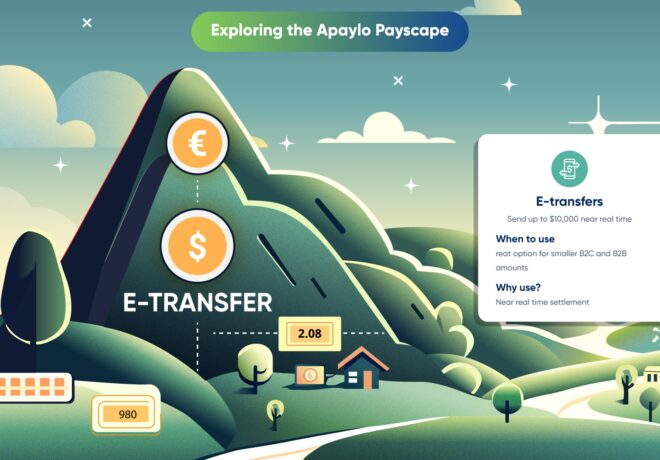The rapid rise in As-a-service firms (which are API-driven services for customers that commonly connect at an endpoint via a web-based console) have transformed the landscape of paytech and fintech; but it has not been an entirely smooth process without its own sets of challenges.
A compelling article by renowned international management consulting firm McKinsey & Co. (https://www.mckinsey.com/business-functions/operations/our-insights/streamline-the-quote-to-cash-journey-for-as-a-service-sales?cid=other-eml-alt-mip-mck&hdpid=cf92fbb5-37b5-40e8-8795-6f0e85203521&hctky=2774148&hlkid=09419a0d89a74449a890c539b7d03563) puts forth problems that as-a-service providers are facing- plus also specific recommendations as to how these issues can be addressed.
Over the past several decades, firms in a diverse array of industries have had the time and resources to develop and perfect their management and operational structures; and quality control issues pertaining to delivering their products/services. However, because the as-a-service space is still relatively new, there is still a long way to go in developing the processes and practices in this particular market. The quote-to-cash journey- aka the route that starts out with an initial quote and ends when payment is taken for a product/service- remains an incredibly complex beast with many different variables at play. This process requires comprehensive collaboration from different units and departments within a firm. Issues can and will arise anywhere along the service delivery path; and adopting a streamlined, integrated approach in the following four key areas can help to reduce tensions and make the process flow smoother:
- Simplification of the portfolio. When firms have an abundance of service offerings or sell services that overlap, this can result in confusion which could be harmful to the long-term prospects of the business. By slimming down and streamlining service portfolios, this creates less confusion among company employees and ensures resources can be allocated in ways which maximize their use and efficiency- without sacrificing revenue. Utilizing the most basic tools such as employee checklists can minimize overlap and confusion- and save a lot of employee headaches at the end of the day!
- Automation and databases can make project execution much simpler. Making use of advances in virtual technology to automate the simpler tasks within your firm can pay off in spades; as this can free up employees to handle more complex, higher priority, and higher revenue-generating tasks. A central tenet of automation involves the use of databases to store critical data; plus remove overlap and minimize errors. Customer-relationship management (CRM) platforms are becoming increasingly popular to carry out such tasks- allowing firms the ability to track the progress of deals; update and review functions carried out by different employees; and even store all documentation relating to specific deals in a centralized location.
- Process standardization can improve effectiveness and eliminate unnecessary costs. Furthermore, adopting standardized processes across the board can make it easier for a firm to expand into new markets without the difficulty of having to make new, complex decisions that deviate from existing policies and practices. A simplified system where deals follow a uniform pricing and service delivery process can move through the quote-to-cash journey the fastest; thus reducing execution timelines, workload required by employees; and ultimately- costs.
- Harness your employee talent to the max. Hiring the best possible talent and ensuring your company is staffed across all departments with the best and brightest minds is an expenditure which can pay off in the long run, especially in a competitive and cutthroat environment where every firm is constantly trying to get the leg up on one another. Having the right people in place in all parts of the process- from initial customer acquisition to closing the deal- can minimize problematic issues, while at the same time- ensuring your customers are well looked after and their needs are being fully met; which translates into higher long-term retention rates and thus, higher revenues.
Conclusively, in tandem with utilizing employee talent; making maximum use of process automation and CRM databases plus adopting a standardized system of service delivery can ensure that employee talent and company resources are fully deployed; and therefore, your firm is operating at an optimal level of efficiency.
To learn more about our Payments-as-a-service platform contact sales@apaylo.com.





